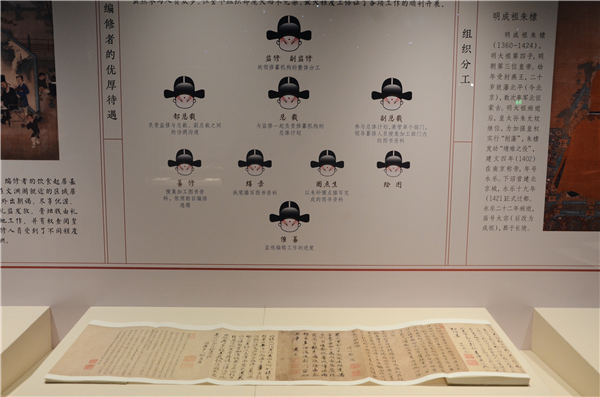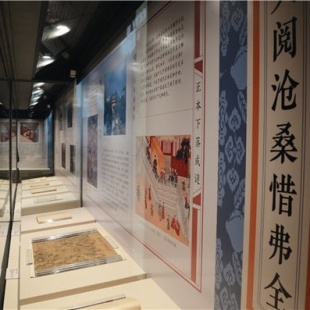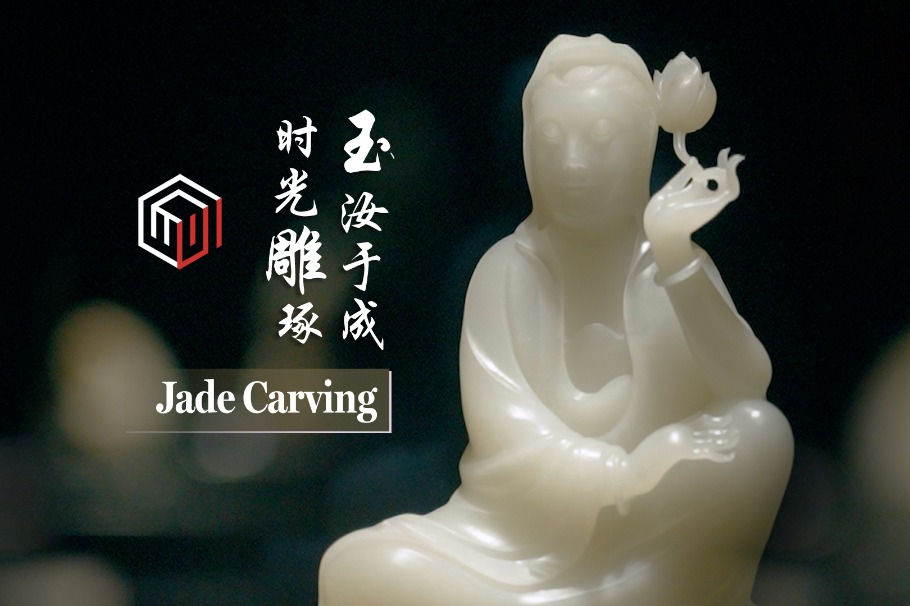Mystery of the disappearing great books


It was difficult to keep books in ancient times and some were barely known to the public. Collecting such a huge number could be an incredibly difficult and expensive undertaking.
So compilation of the canon reflects the dynasty's confidence and power, says the best-selling historical novel Ups and Downs of the Ming Dynasty by Dangnian Mingyue, the pseudonym of Shi Yue.
The canon is seen partly as Emperor Yongle's way of declaring the legitimacy of his reign because he was controversial as a usurper.
Historical records show that Emperor Yongle asked the compilers "not to be bothered by the length".
The officer in charge of the compilation, Xie Jin (1369-1415), was known as "the most talented man in the Ming Dynasty" for his broad knowledge, strong discernment, unparalleled patience and inclusive thought, Ups and Downs of the Ming Dynasty says.
In 1403 Xie organized 147 scholars to do the compilation and they turned in a draft one year later. However, Emperor Yongle thought more was needed.





































